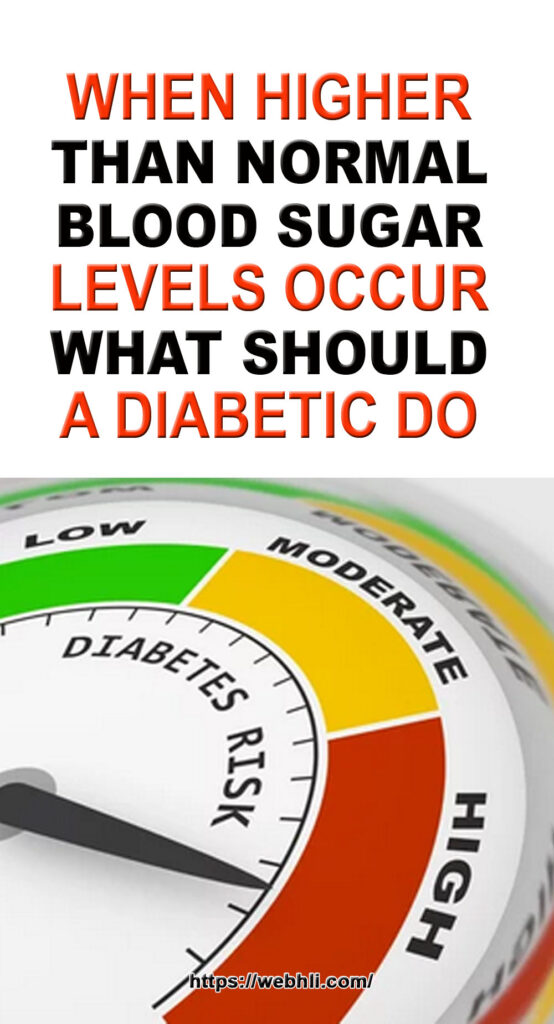
I am a type-2 diabetic, diagnosed more than twenty years ago and, after all these years, still having periods of time in my life when my blood sugars get out of control for some reason or another, probably mostly because I have reverted to the habit of eating too many high-glycemic carbs, especially such things as muffins or my new favorite, walnut banana bread. I know such episodes sometimes occur in the lives of other diabetics, I wonder whether they react in the same way as I do?
Check out these related articles, too:
How Resistance Training Can Help You Heal Diabetes
Diabetic Breakfast Meal Planning, Truth Revealed!
Weight Loss and Blood Sugar Control
Arthritis And Diabetes - A Double Whammy
What Is Diabetic Gastroparesis?
Healthy Lifestyle Tips For Type 2 Diabetes
Does protein increase blood glucose levels?
How Does Diabetes Affect My Teeth and Gums?
What do other diabetics do?
If you are a diabetic and anything like me when that happens, you keep searching magazines and news reports for that particular food item that might magically solve the problems, something that just might act the way it is supposed to according to some article you have just read on diabetes - or some advertising piece that makes it sound a logical choice to combat the diabetic condition and help lower your blood sugar levels.
At last you find something that seems to make a lot of sense and sounds more promising. You try it but by now, for other reasons, you are so confused after getting a series of erratic blood test readings, most of them signifying above normal blood sugar levels, that you wonder whether your testing meter is faulty or what?
A serious matter
At this point I do begin to get a little scared, I know this is a serious situation and at my age, I cannot afford to make too many mistakes and not do anything and still expect to eventually overcome the problems given enough time, as I used to do.
So what should be done? Here is my plan, hopefully only needed for a few days:
- Before retiring for the night, I will have a bedtime snack. That should counter the need for my liver to kick in a few hours later and start secreting glucose into my bloodstream -- as experience tells me that it is likely to do. Without a late evening snack my blood sugars are often higher in the morning than the night before when I go to bed and I don't want to start the day that way. The snack usually prevents that happening.
- Next morning, after a night's sleep, I will immediately take my blood sugar readings, they will probably be a above my worst target levels of 144 mg/dL (or 8.00 mmol/L using non-U.S. measuring units) And yes, I know that is above the American Diabetes Association's recommended target level to be below 130mg/dL (7.2 mmol/L), but I'm giving it some extra latitude for a while. Recently they have been around 180 mg/dL and that is why I have to follow the steps listed here.
- After taking my readings, I will leisurely proceed to have breakfast. Not my usual preferred relatively high carbohydrate oatmeal or low-carbohydrate low-glycemic index cereal -- but something that is definitely lower in carbs, possibly an egg, fried or scrambled, with a piece of whole wheat toast spread with a non-hydrogenated supposedly heart-friendly margarine. During my breakfast meal I will take my diabetes medications, glyburide and metformin, together with a just a few vitamin supplements and a glass of water and a cup of tea with milk - English style, none of that green tea - and finish up with a small fat-free fruit yogurt.
- All of that adds up to about 300 to 350 calories and about 40 grams or less of carbohydrate - much less than my diabetic diet plan allows for but I won't starve, I will have a snack after I take my next blood sugar test about 2-hours after eating breakfast.
The objective is to get back to near normal blood sugar levels
The purpose of taking this approach to eating fewer calories and especially fewer carbohydrates for a few meals is to try to get my blood sugar levels back down to closer to normal. If and when I can do that, it will give me a fresh starting point from where I can increase my dietary intake while taking enough periodic blood sugar tests to confirm that I am staying within the target range.
From that point, if I continue to avoid the banana cake and desserts, I will probably regain control and not need to blood test so frequently.
Sometimes it is a struggle -- but until that magic food item comes along I don't know what else to do.
Check out these related articles, too:
Good Energy Food for Diabetics
10 Simple Food Concepts Every Person Living With Diabetes Should Know
Making Cheesecake For Diabetics
Enjoy the Taste and Benefits of Diabetic Foods
Will The Mulberry Leaf Help Your Diabetes?
5 DIABETIC FRIENDLY SALADS Some Tasty
DIABETIC LEMON COCONUT COOKIES Some Tasty
Author's Comments:
As a long time type-2 diabetic, I understand the problems faced by my fellow diabetics and know how difficult things can become sometimes. For more on Blood Sugars please check out Dangerous Blood Sugar Levels [http://diabetesinformationexchange.com/explanation/why-high-blood-sugar-levels-are-dangerous-to-health/] and for other information about diabetes and foods, please see the List of Topics at Diabetic Food List [http://diabeticfoodlist.info/].
Article Source: http://EzineArticles.com/5394930

 Protected by Patchstack
Protected by Patchstack